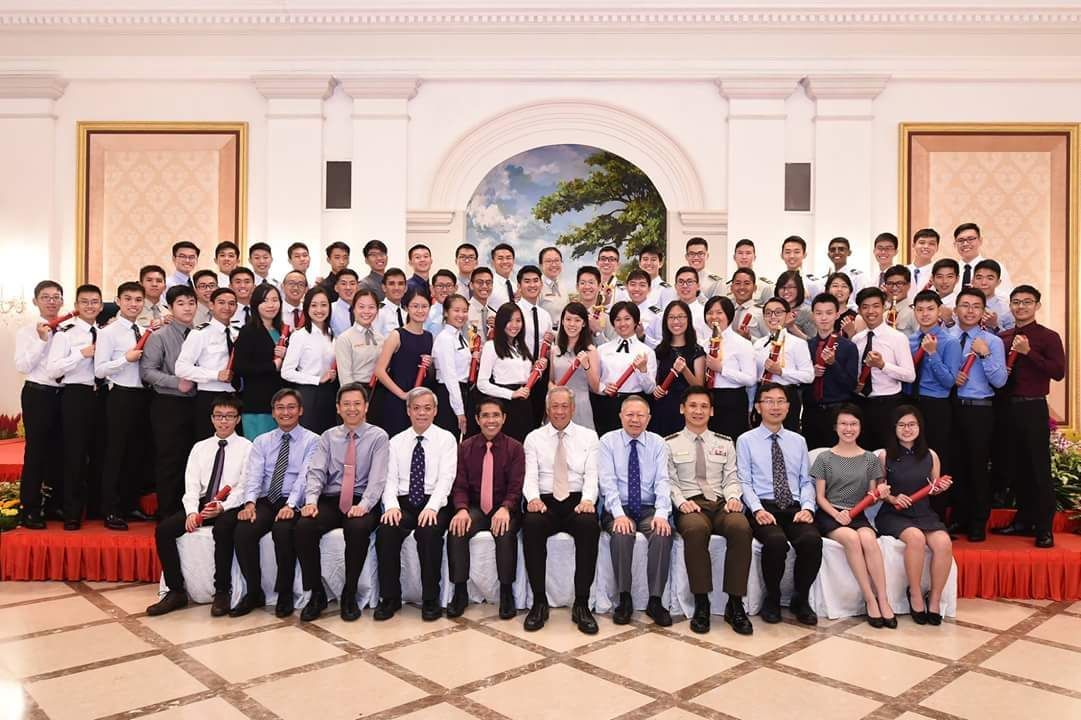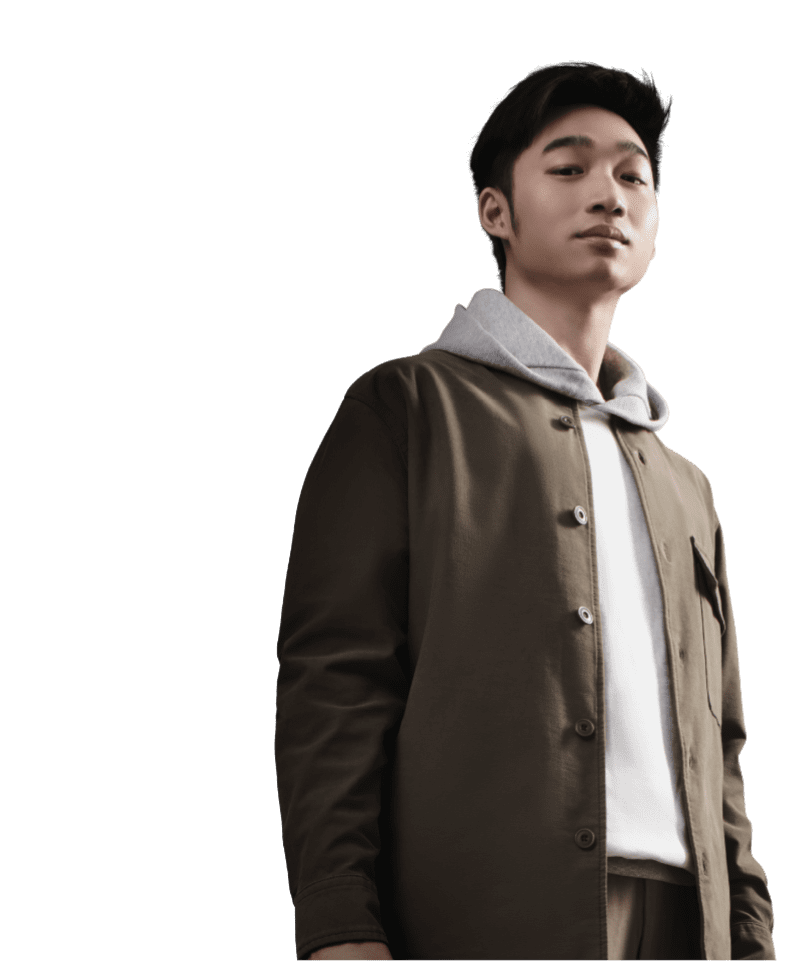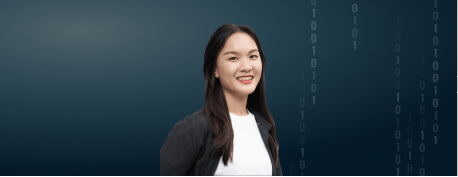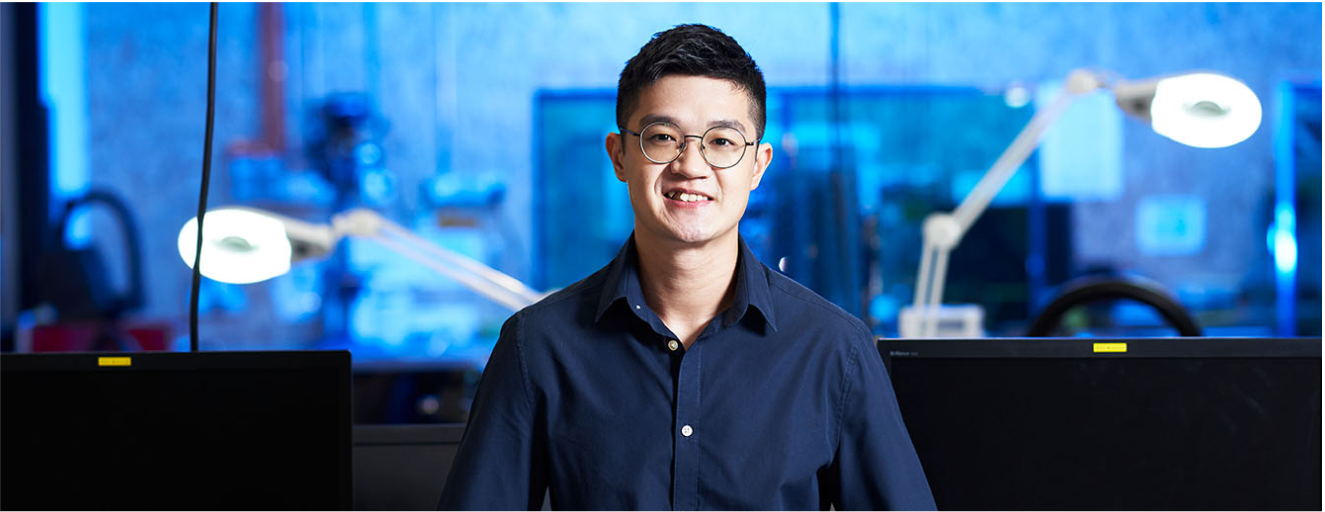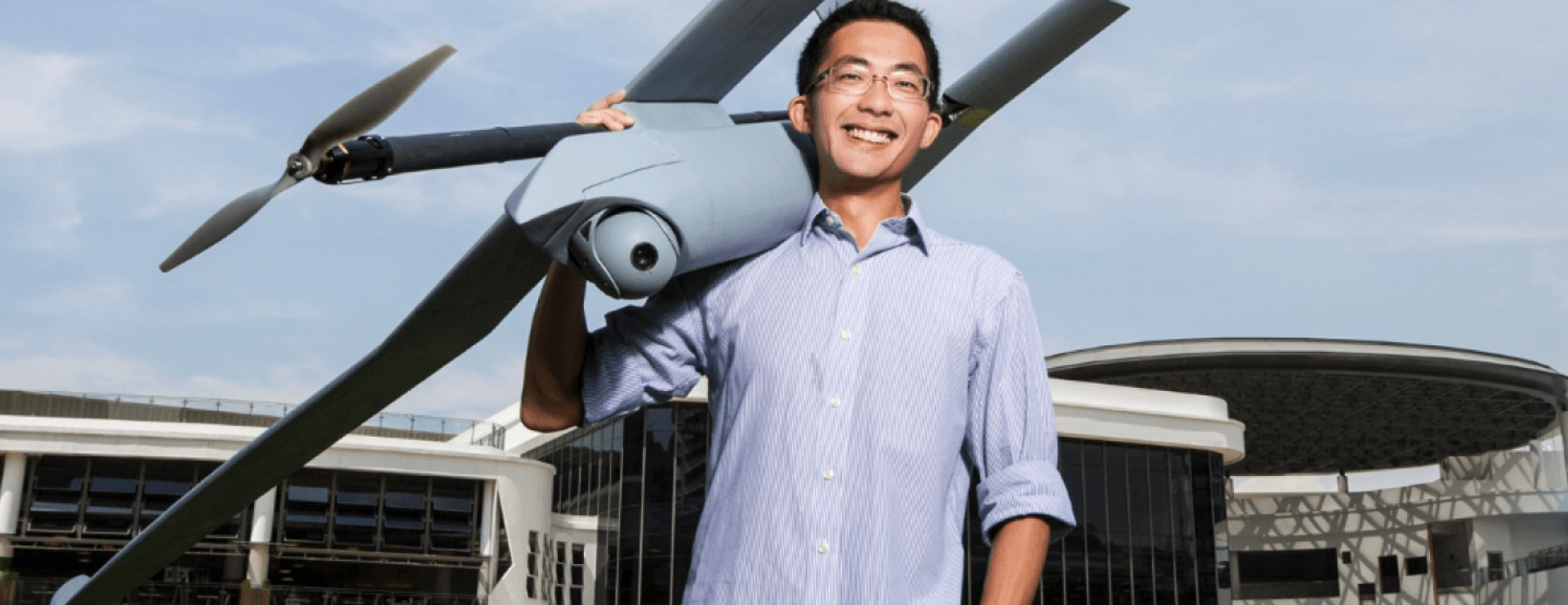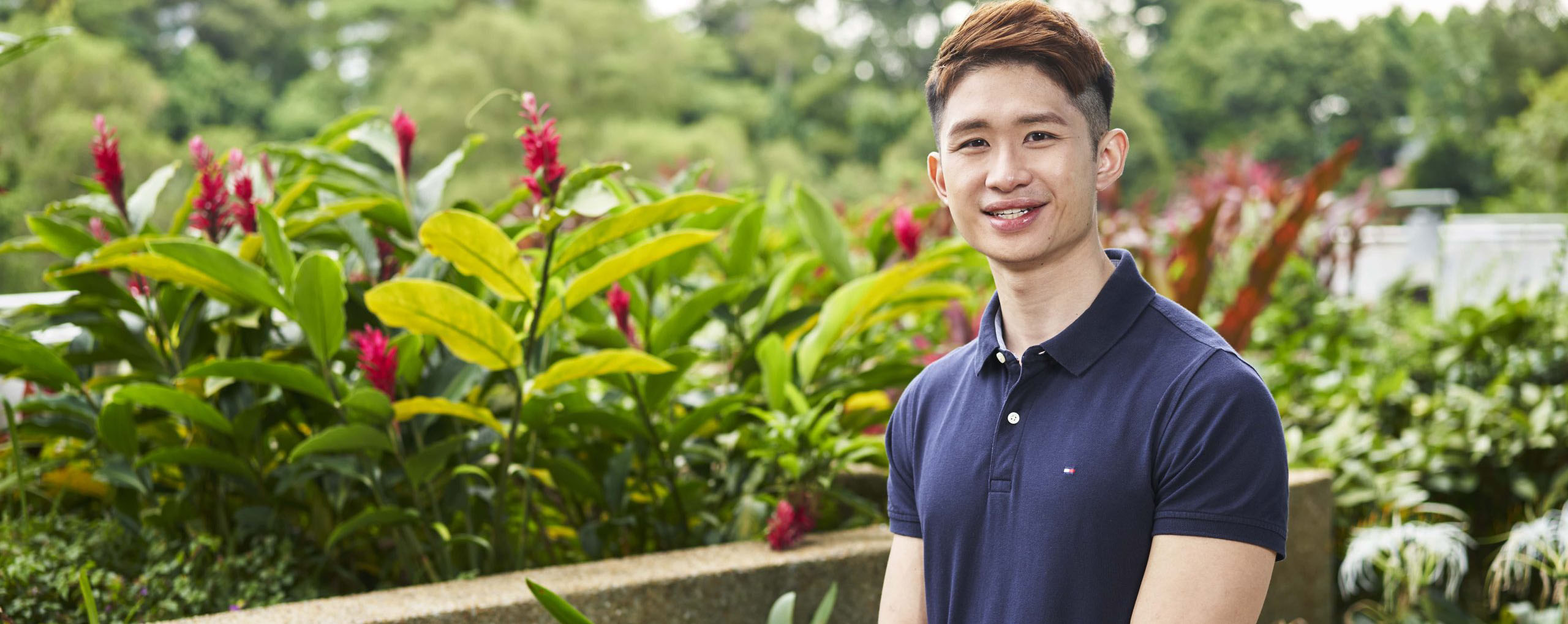Chelsea Chia is a Cybersecurity Researcher at the Cybersecurity Lab here at DSO. She is a DSTA Scholar and holds a Bachelor of Computing (Computer Science) with Honours from NUS. Her research interests include distributed systems and she is currently working on mobile security.
We caught up with Chelsea to talk about her experience working in DSO and being on the DSTA scholarship.
1. Firstly, how did you get interested in Cybersecurity?
When I was younger I loved solving puzzles and reading sci-fi novels. One of my personal favourites is Dan Brown’s Digital Fortress, which sparked my interest in cybersecurity and led me to try a Capture the Flag challenge as a fun/gamified introduction to cybersecurity. Cybersecurity is a lot like solving a puzzle, from understanding the system to crafting the method to solve the problem.
2. How did you discover the DSTA Scholarship?
I came across the DSTA scholarship while doing a post A-level internship at DSO. My internship mentor recommended that I take up the DSTA scholarship since I enjoyed my time at DSO. It would allow me to meet more like-minded people and further my interest in technological research. The DSTA scholarship is also a joint scholarship in the Defence Technology Community, where I have the flexibility of choosing between 3 organisations – DSTA, DSO, and CSIT.
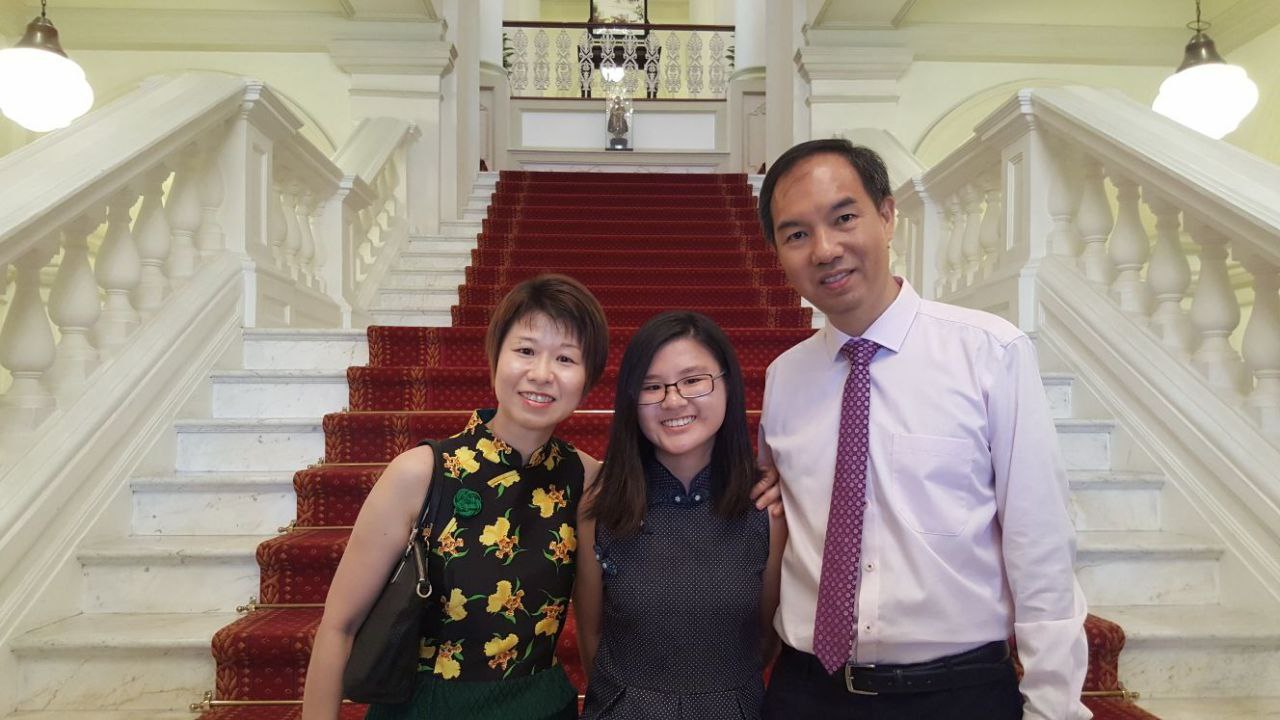
3. What made you choose to join DSO?
As I had prior experience in research and was keen on going into R&D, DSO was the ideal choice since they are the largest defence R&D organisation in Singapore. I enjoyed the highly technical and exploratory nature of work during my internship at DSO, and I was attracted by the talented DSO community and their drive to push for excellence.
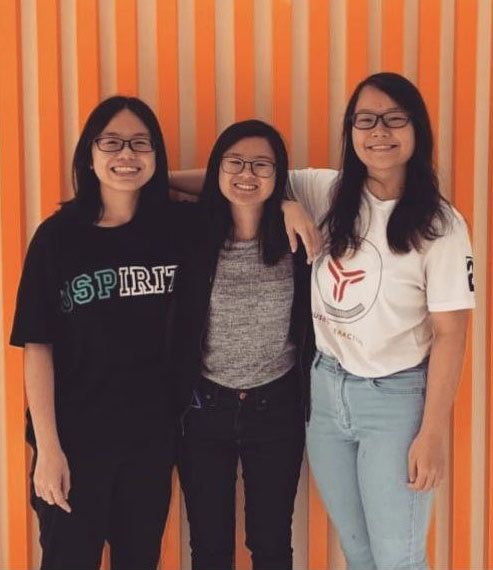
4. What sort of support did you receive from the DSTA scholarship for your studies?
The scholarship sought to give us more exposure to defence technology by arranging for us to attend events such as the Singapore Airshow and the Singapore Defence Technology Summit. During my second internship at DSO, I gained more in-depth knowledge about security techniques and tools, and got a better idea of the role that a cybersecurity researcher plays. My mentor was also very patient with both my technical and non-technical questions. I could even approach them freely to ask for advice about further studies and planning for a career!
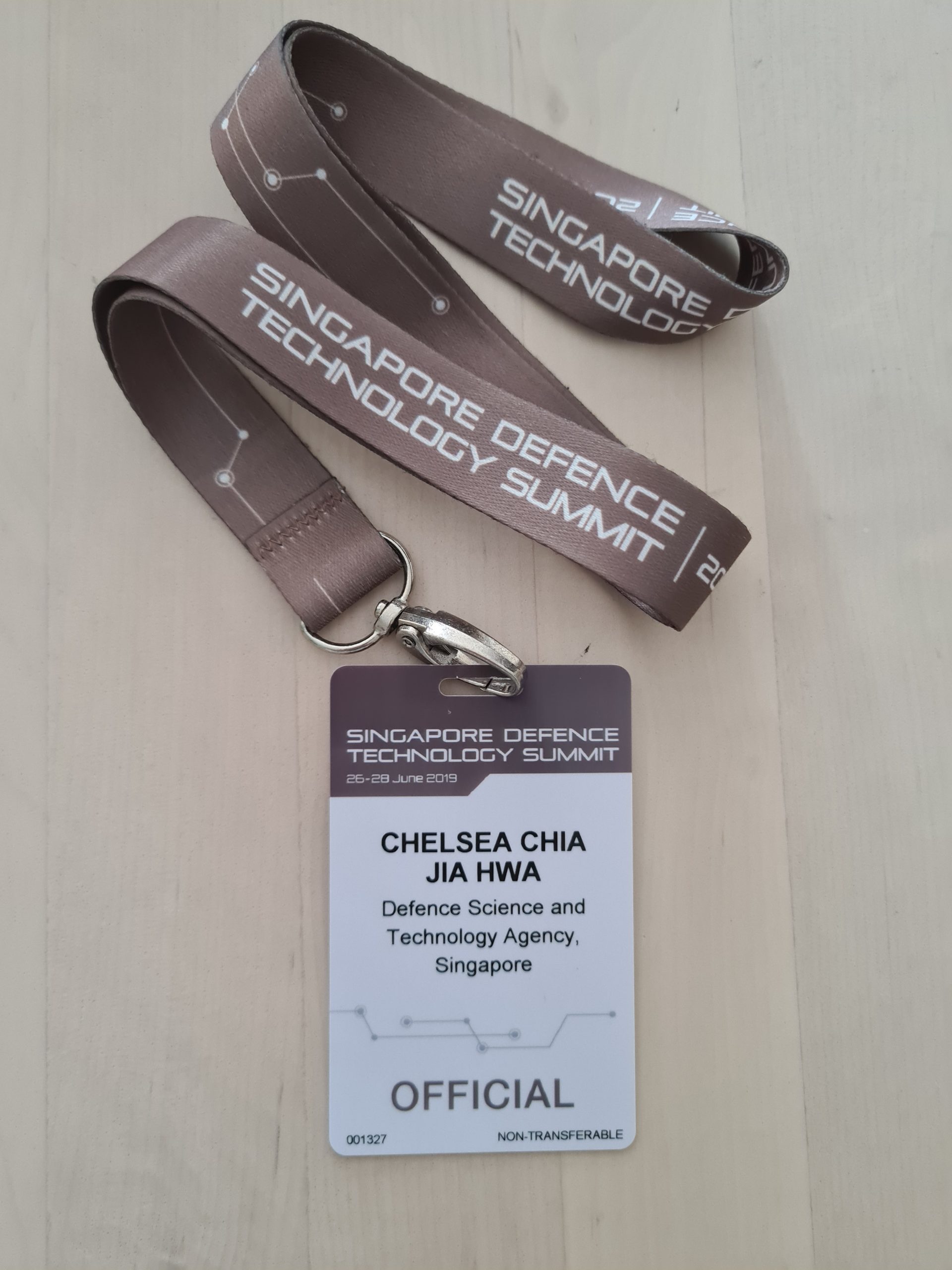
5. Tell us more about your current role and responsibilities as a cybersecurity researcher.
As a cybersecurity researcher, I explore and develop techniques that help to strengthen Singapore’s resilience to cyber-attacks. With the rapid advancement of many critical systems to digitally based ones, it is important for us to stay ahead of potential threats – such as hackers – that could compromise the security and running of systems. We also work closely with various organisations to exchange ideas and improve Singapore’s cybersecurity capabilities.
6. What is your most significant career achievement to date?
During my university internship at DSO, I studied bugs found in Javascript engines and how to make them safe from attackers. I helped analyse how these engines work and looked into bugs that were commonly found. This information helps inform experts on what components could be vulnerable and identify ways to design more secure software, thereby preventing them from being exploited.
7. What is the work culture at DSO National Laboratories?
In DSO, there is a huge emphasis on continuous learning. We are encouraged to go on courses and conferences to keep up to date with advances in our field. My lab conducts weekly technical sharing sessions, where staff would take turns to share their experiences or useful tools discovered. This drives the culture of mutual learning and collaboration. We are also encouraged to share any new ideas that we may have with the team, keeping with the spirit of innovation.
8. Do you have a mentor and how does the person help guide you in either your scholarship journey or career?
Interesting story: My current project mentor was my internship mentor back in my first pre-uni internship with DSO, and also during my second internship. Back in university, when I was uncertain about what career path to choose after graduation, he gave me a lot of advice and clarified my doubts. Even now, there’s still a lot that I’m learning from him and my colleagues!
9. How has working on real defence R&D projects been personally and professionally meaningful for you?
With research, you may not always get the results that you want and it can be frustrating. However, knowing that the work you do has a real impact is a huge motivation. With the increasing number of cyberattacks on critical systems, our work helps to keep them secure and running.
10. What unique possibilities are there for DSTA Scholars?
DSTA Scholarship offers opportunities for global exposure, such as the global internship program or sponsoring exchange programs. I went on an exchange program at the University of Ottawa in Canada for over a semester. During this period, the scholarship takes care of financial matters like school fees and air tickets, and also keeps in touch with overseas scholars for safety. Studying overseas and experiencing new cultures is definitely an exciting experience I would recommend!
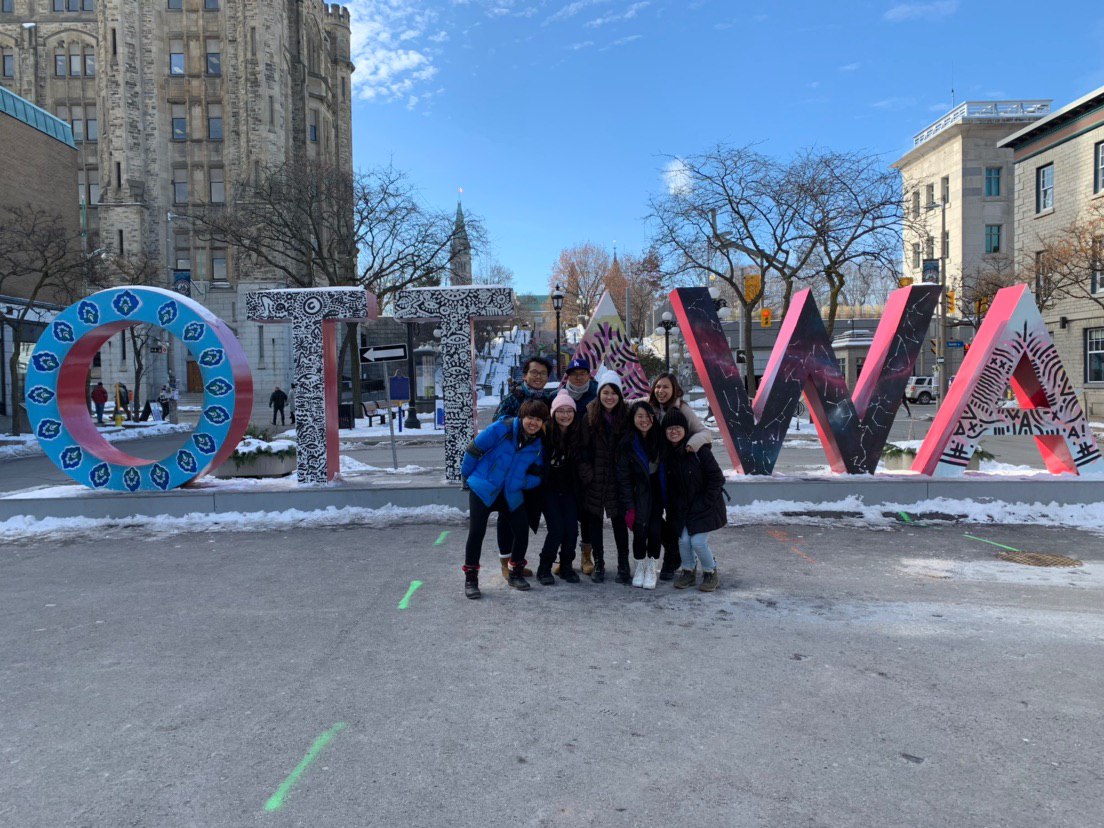
11. What would you say to convince someone to apply for the DSTA Scholarship?
Apply for the DSTA scholarship if you are looking for a career that is more than just a job. The DSTA scholarship would also allow you to work alongside like-minded, talented individuals who are passionate about science, engineering, research, and technology. I enjoy working together on projects and have learnt a great deal from them!
